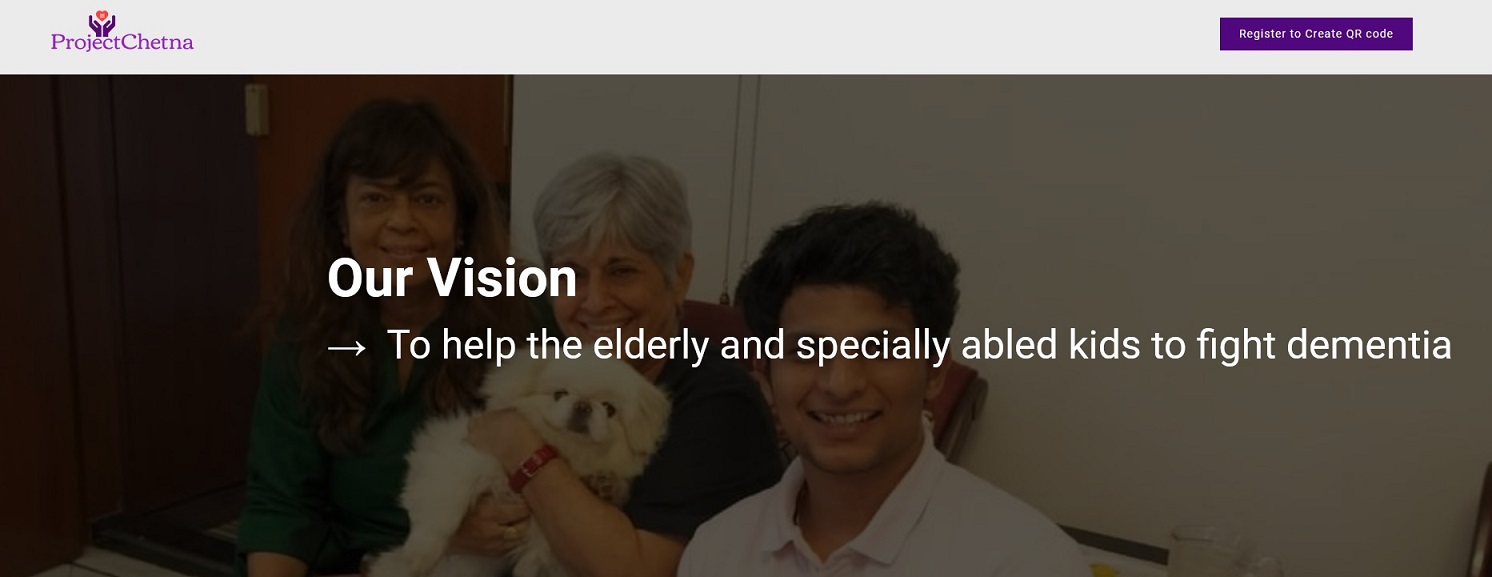QR-Based pendant initiative aims to help find missing persons in India

Every day, newspapers are filled with reports of missing persons, often overlooked amidst a sea of information.
While most people briefly sympathize with affected families, the emotional toll on these families is immeasurable.
Shockingly, even in the digital age with wearable tracking devices available, India still reports around 65,000 missing people every month, according to the 2023 World Population Review.
Moved by the plight of these families, Akshay Ridlan, a young student and former UPSC aspirant, took action.
Reading about missing persons during his exam preparation deeply affected him, especially the story of Tarun Gupta, an autistic teenager who vanished in 2019. This inspired Akshay to address the problem.
At the age of 24, Akshay, now an IT professional, launched Project Chetna in September 2023.
He created unique QR tags that can be worn as pendants.
These QR codes, when scanned, provide vital contact details and medical information about the wearer. Thus, they offer assistance to vulnerable individuals, especially those with mental health issues.
These QR tags serve as a crucial lifeline in moments of disorientation or when individuals go missing, helping identify them faster.
For instance, the tags are particularly valuable for people with dementia, a condition that affects 8.8 million Indians over the age of 60. Dementia patients tend to wander, making them prone to getting lost.
Akshay’s solution also addresses the needs of children with disabilities and those on the autism spectrum who may be at higher risk of getting lost.
To develop his idea, Akshay consulted caregivers and doctors. Besides, he visited old-age homes to understand the challenges they face.
Project Chetna offers a simple process to create QR pendants, allowing anyone with a smartphone to scan and access essential information. Akshay is also developing technology to alert users when someone scans the QR, aiding in locating missing persons even across long distances.
The cost to produce each QR pendant is approximately ₹200, and Akshay has already distributed 100 of them for free.
Parents of children on the autism spectrum, praise the innovation for its potential to prevent distressing incidents of missing persons.
While these initiatives hold immense promise, they require widespread awareness and cooperation from authorities, particularly the police, to be truly effective.
Empathy and a willingness to help those in distress are also crucial components in ensuring the success of these initiatives.
Akshay Ridlan aims to prevent others from enduring the harrowing ordeal that families like Tarun Gupta’s have faced.
His QR-based pendant project has the potential to make a significant difference in the lives of missing persons and their loved ones.
Image Credit: Projectchetna Website Screenshot
Image Reference: https://projectchetna.in/










Leave a Reply